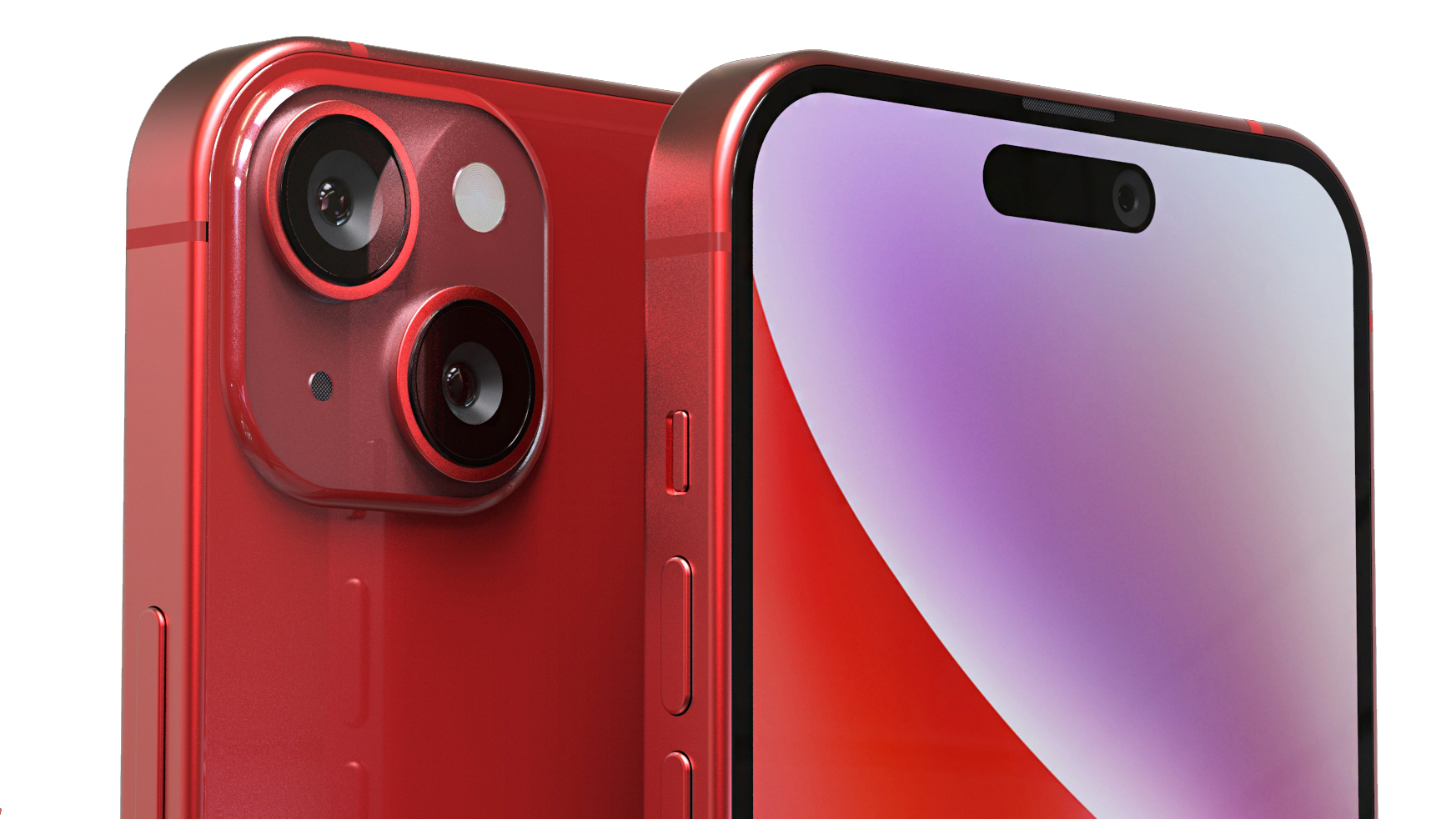
We've played witness to some truly fantastic rivalries over the years. Frazier vs Ali. The Red Sox and the Yankees. Celtic vs Rangers. And now, I'm officially adding Apple and the European Parliament to that list.
Every time Apple announce a new product or feature, or one gets rumoured, the smart money goes on a legal back-and-forth with the EU shortly thereafter. Most notable, of course, is the battle over including USB-C on the iPhone.
Apple has conceded there, with the upcoming iPhone 15 range looking set to feature a USB-C port instead of the Lightning port. It would mark a landmark change in the iPhone design – and one that Apple don't seem all too happy to have had their hand forced on.
Apple is reportedly planning to limit charging speeds on the iPhone 15, restricting the fastest speeds for accessories which use their MFi certification program. It's a move which brought them under fire – not just from potential consumers, but from members of the European Parliament.
After a debate earlier today, Alex Agius Saliba, a Maltese representative in the house, tweeted, "Pity that today Apple rejected an invitation for an exchange of views to conform/deny that they are planning to bypass our rules by limiting charging speed to sell only their chargers."
Apple could be playing with fire here. The press release from the European Council states, "a USB-C port will become mandatory" for electronic devices – but doesn't address the issue of putting the brakes on charging speed.
Diving deeper into the documentation reveals more, though. A requirement of the regulation states that devices must "ensure that any additional charging protocol allows the full functionality of the USB Power Delivery, irrespective of the charging device used."
It's certain to be an interesting saga – albeit one which most consumers won't care for. We just want fast charging and a clear idea of what will work and what wont. The iPhone 15 range is widely expected to launch around September this year, and I suspect we'll hear more about this before then.







